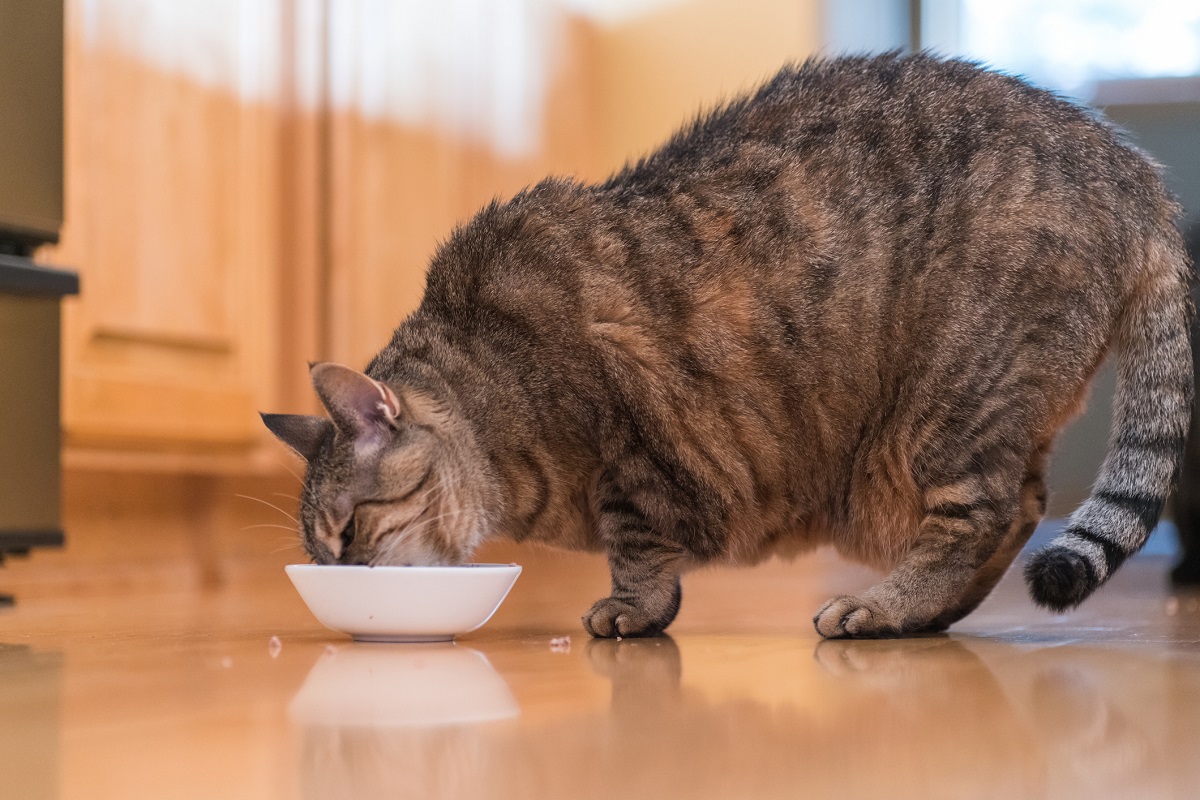A Royal Canin pet survey found that 47 per cent of Australian and New Zealand pet owners did not weigh or measure the amount of food they give their pets.
This comes after data from Banfield Pet Hospital in the US showed that there has been a 65 per cent jump in the rate of cats diagnosed as overweight or obese across America.
To mark International Cat Day, Royal Canin is highlighting its commitment to feline health through nutrition by educating owners on healthy weight and how to achieve it in cats.
Dr Niquet Reid, Scientific Services Veterinarian at Royal Canin ANZ, said maintaining a cat at a healthy body weight from kittenhood and throughout their life is a valuable way for cat lovers to help their feline companions stay healthy and happy in the long run.
“In cats, the physical burden of carrying extra weight can lead to compromised mobility and a reduced ability to demonstrate normal behaviours like jumping, playing, and even grooming themselves – changes which negatively impact a cat’s quality of life. In addition to being associated with common health issues such as joint or lower urinary tract disorders, obesity is also a major risk factor for diabetes mellitus in cats.”
Dr Reid offered the following advice for pet owners to keep their pets in good shape:
Ensure the right start of life: prevention is key when it comes to weight conditions. We encourage pet owners to consider the amount of food their cat receives just as carefully as they select what type of food they eat. Instilling simple healthy feeding practices, such as measuring your cat’s daily meal portions from an early age during kittenhood, can help establish important habits that maximize healthy weight outcomes in the long term. Additionally, using the Royal Canin and Waltham Kitten Growth Chart, with your local veterinary clinic, you can now track your kitten’s growth pattern to know if they’re on a healthy weight trajectory.
Weigh them often: with such small bodies, even seemingly small amounts of excess weight – like 500 grams or 1 kilo – can have a health impact on cats, and often go unnoticed. As a little bit of weight can stack up surprisingly quickly, weighing your cat as often as every 3-6 months will help you to identify weight changes early, before the problem is serious, and help to prompt consultation with your veterinarian for a proactive nutrition plan to get your cat back on track.
Treat them right: sharing treats and snacks is often a special bonding moment between and pet parent and their beloved cat, and this can absolutely be part of a healthy and balanced feeding routine. A quick rule of thumb is that calories coming from treats and snacks should not exceed 10 per cent of a cat’s total daily calorie intake. Cat owners should always remember that cats who seem to beg for food may be seeking attention or affection, and that bonding does not necessarily have to be centred around food. Outside of mealtimes, try meeting your cat’s request for attention with a moment of play with a favourite toy, grooming, or petting – your cat may just love it!
Work with your veterinary team: it’s important to regularly check in with your veterinarian who can partner with you on your pet’s nutritional needs, as well as your pet’s ideal weight and the appropriate steps to take together to get there. Just as with people, pet weight management is unique to each pet.
To stay up to date on the latest industry headlines, sign up to the Pet Industry News e-newsletter.

